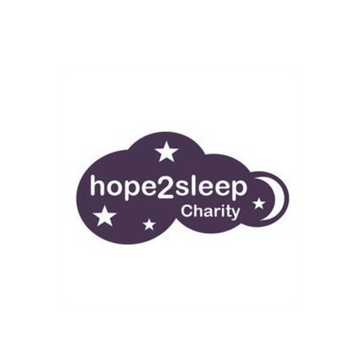Does snoring really matter?
Snoring Without Sleep Apnoea: Why It Still Matters
If you’ve ever been told, “You don’t have sleep apnoea, so you’re fine,” it might be time to take a closer look.
Snoring without apnoea, also known as primary snoring, it is often dismissed as harmless. But growing research suggests this assumption may be clinically outdated.
What Is Primary Snoring?
Primary snoring refers to habitual snoring in the absence of obstructive sleep apnoea (OSA). There are no significant oxygen drops or diagnosed breathing pauses, so the issue is often minimised, especially if you're not a stereotypical "loud male snorer."
But science tells a different story.
Snoring Still Disrupts Sleep
Even without apnoeas, snoring can cause micro-arousals. Tiny, subconscious awakenings that fragment your sleep. This can leave you tired, foggy, or emotionally flat, even after a “full” night in bed.
Studies have linked primary snoring to daytime fatigue, reduced cognitive performance, and lower sleep quality, especially in women and older adults.
But it’s not just about how you feel.
The Vascular Connection
In a study published in Sleep, researchers found that people who snored had increased carotid artery intima-media thickness, a key early marker of atherosclerosis and cardiovascular risk even in the absence of sleep apnoea [1].
This suggests the vibrational stress of snoring may contribute to inflammation and structural changes in blood vessels over time.
Now This Is Where Zeus Comes In
After 15 years of research and insight from three clinical trials, Zeus was created to help reduce snoring by supporting the body's natural airway function.
Zeus uses TENS technology (transcutaneous electrical nerve stimulation) to gently stimulate the hypoglossal nerve, helping prevent the tongue from collapsing backward during sleep, a key trigger for snoring in many people.
It’s:
-
Small and wearable
-
Non-invasive
-
Designed for nightly use
Snoring Is More Common Than You Think
In the large population-based HypnoLaus study, published in The Lancet Respiratory Medicine, researchers found that moderate-to-severe sleep-disordered breathing affected nearly 50% of men and 23% of women with many cases going unrecognised or untreated [2].
Have you ever been told your snoring wasn’t serious because it wasn’t sleep apnoea?
We’d love to hear your story. Share it in the comments.
References
[1] Svensson M, et al. Risk factors associated with snoring in women. Sleep. 2008;31(5):717–723. [PMID: 18517038]
[2] Heinzer R, et al. Prevalence of sleep-disordered breathing in the general population: the HypnoLaus study. Lancet Respir Med. 2015 Apr;3(4):310–318. [PMID: 25682233]






